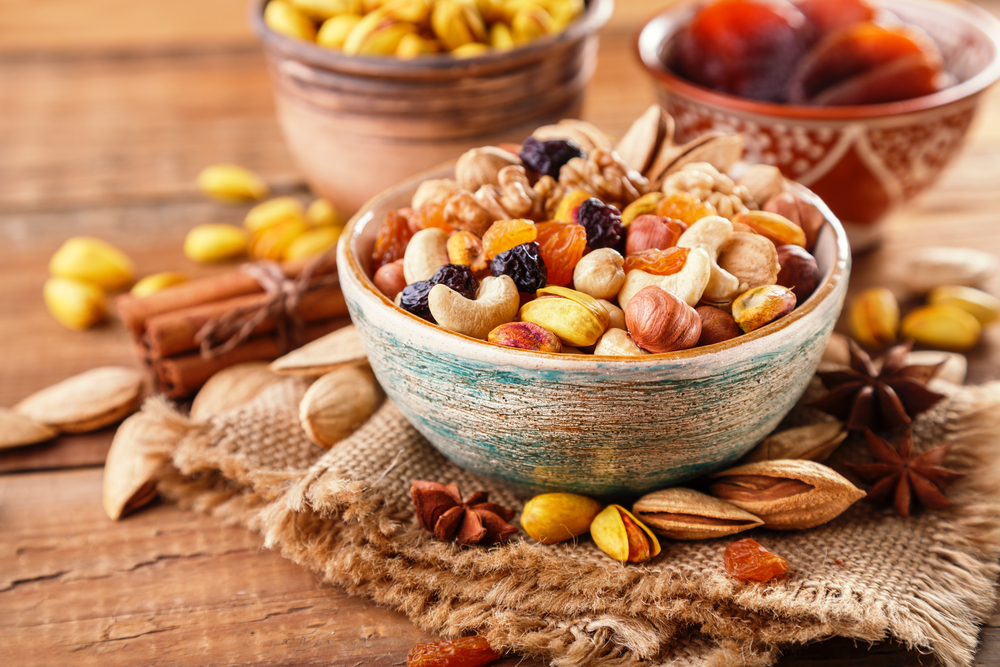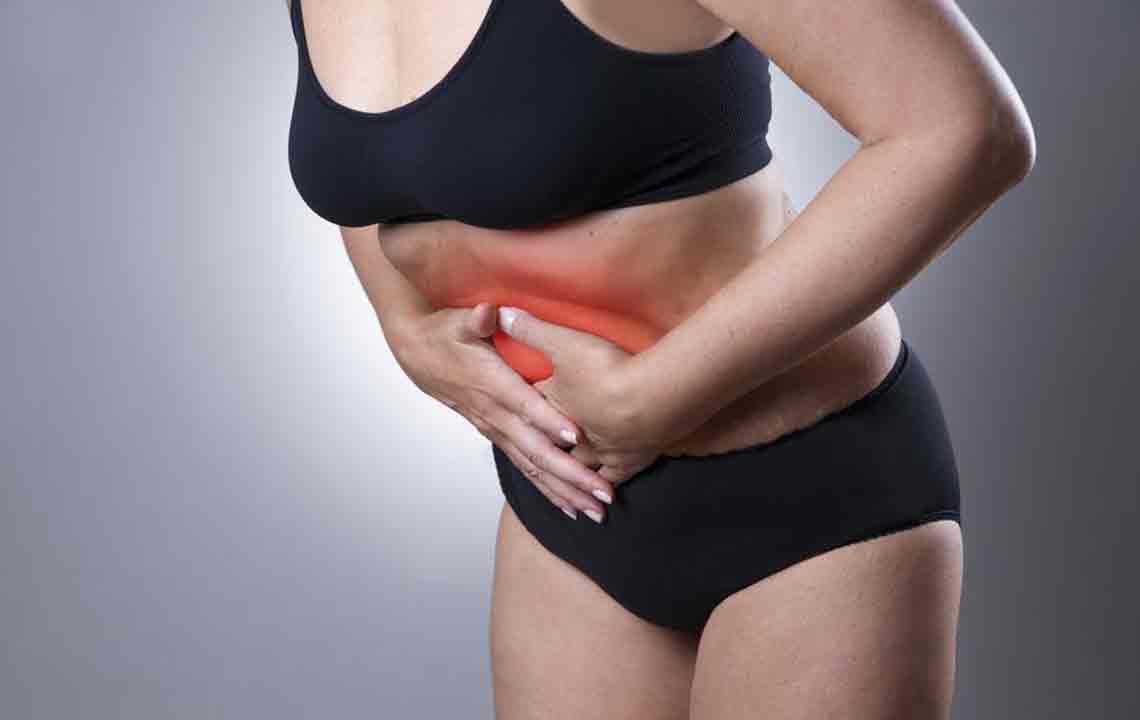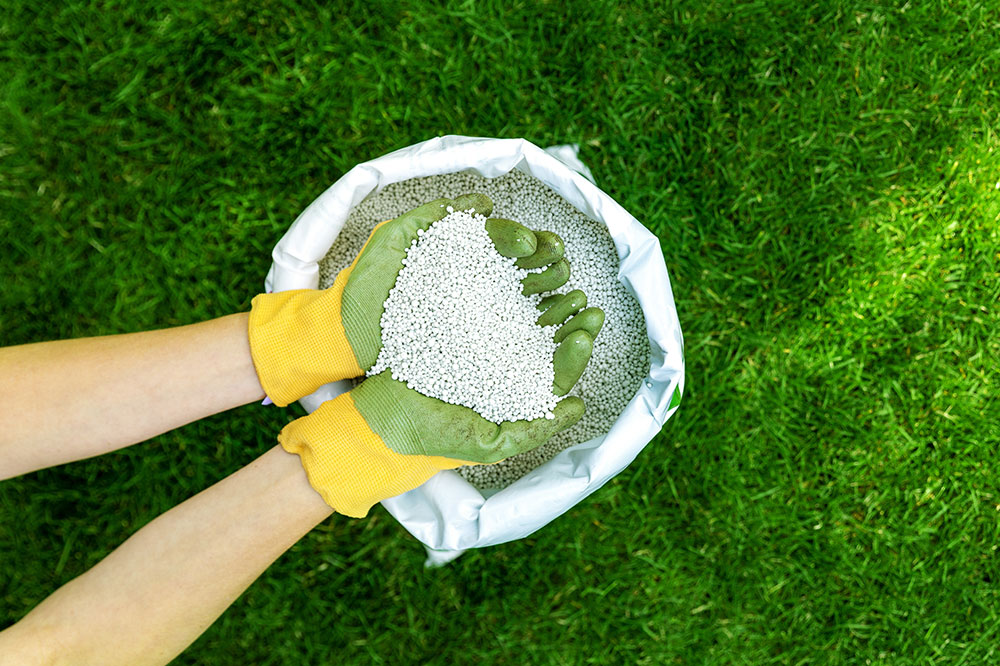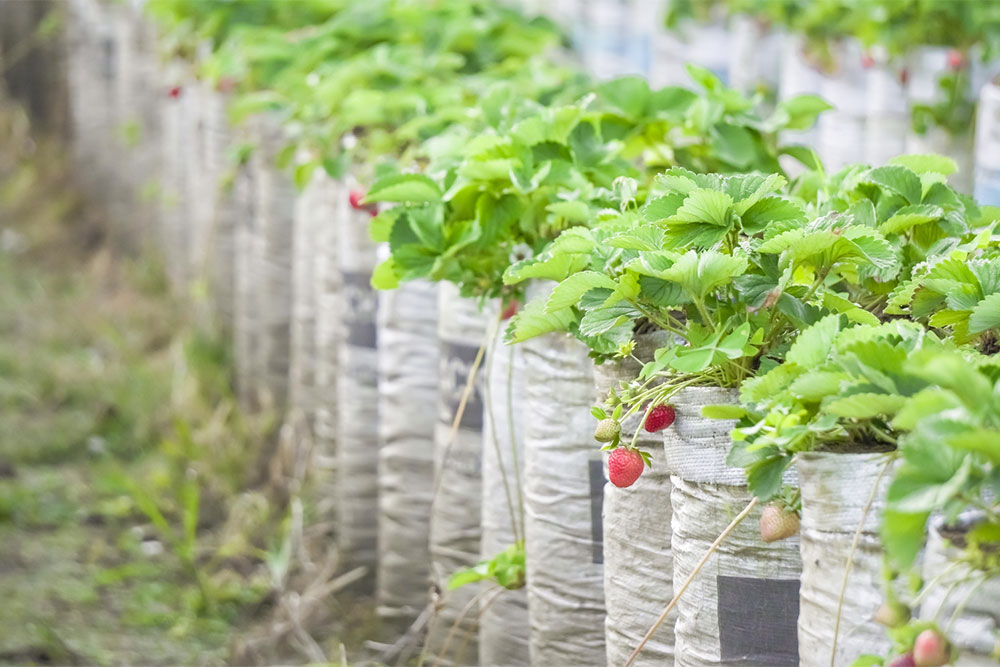10 Fertility Foods to Boost Your Chances of Conceiving
It can be frustrating and rather distressing for couples who can’t conceive as planned. From stress to environment factors and medical conditions, all can play a role in making it difficult for you to conceive. You can certainly take medical help for your fertility problem. But there is a natural way to boost your chances of getting pregnant and that is through foods.
Now, natural fertility foods are not any special concoctions packed in fancy boxes.

Here is a list of 10 fertility foods to increase your chances of conceiving.
1. Bananas
Banana is considered a very good fertility food because it is an excellent source of vitamin B6 along with other nutrients for a healthy body. Vitamin B6 aids development of both sperms and eggs.
2. Leafy Green Vegetables
Leafy greens contain high amounts of folate, which is considered helpful for conceiving. It is a type of B vitamin that can aid ovulation as well as improve the sperm quality.
Folate also reduces chances of birth defects in babies and miscarriages. Green leafy veggies also contain other essential nutrients like iron and antioxidants that make them excellent fertility foods. Eat lots of spinach, lettuce, kale to boost your fertility. You can also eat dark green vegetables like broccoli and asparagus for your fill of folate.
3. Citrus Fruits
Citrus fruits are loaded with vitamin C, which is essential for many body functions. In terms of boosting fertility, vitamin C is helpful in improving the quality and motility of sperm. It can help regulate hormones in women that are essential for conceiving. Vitamin C is necessary for the body to absorb iron optimally. Try to include oranges, lemon, grapefruits and other natural sources of vitamin C in your daily diet as fertility foods.
4. Nuts
Nuts contain zinc, protein and fatty acids that boost fertility. Omega-3s found in nuts help in regulating reproductive hormones, improving ovulation and boosting blood flow to the uterus and other reproductive organs. These fatty acids also help with quality sperm production.
Vitamin E in nuts also helps with fertility. When you are trying to conceive, it can be helpful for you and your partner to consume lots of walnuts and almonds.
5. Seeds
Like nuts, seeds are also excellent sources of zinc and antioxidants. Zinc is essential for both male and female reproductive health. Sunflower, pumpkin, hemp, and sesame seeds are all good options to eat when you want to conceive.
6. Beans
Plant-based protein can boost your chances of conceiving. Beans are one of the best sources of plant proteins. They are easy to cook and digest. You can eat kidney, white, black and other types of beans as per your preference.
7. Whole Wheat
Whole wheat and other whole grains are low glycemic index (GI) foods, which take longer to digest and keep blood sugar regulated in a better manner. Rise in blood sugar affects insulin (a hormone) levels and can interfere with fertility. Low GI food sources also help regulate weight, which is essential for reproductive health.
8. Olive Oil
Olive oil is a healthy source of fat. Healthy fats such as monounsaturated fats can improve ovulation and reproductive health.
9. Eggs
Eggs are an excellent source of protein and essential fats. But eggs also contain vitamin D that is essential for women’s reproductive health. Vitamin D can also increase sperm production.
10. Pomegranate
This red fruit contains folate, vitamin C, zinc and other nutrients necessary for reproductive health. It boots flow of blood to uterus and help to make the uterine line thick. It also improves sperm quality. Try to eat at least a cup of pomegranate seeds 3-4 times in a week to boost your fertility.
Both you and your partner should eat fertility foods for best results.




